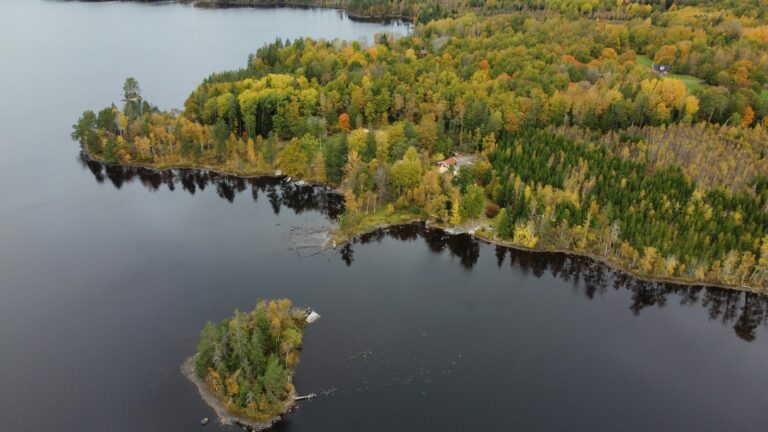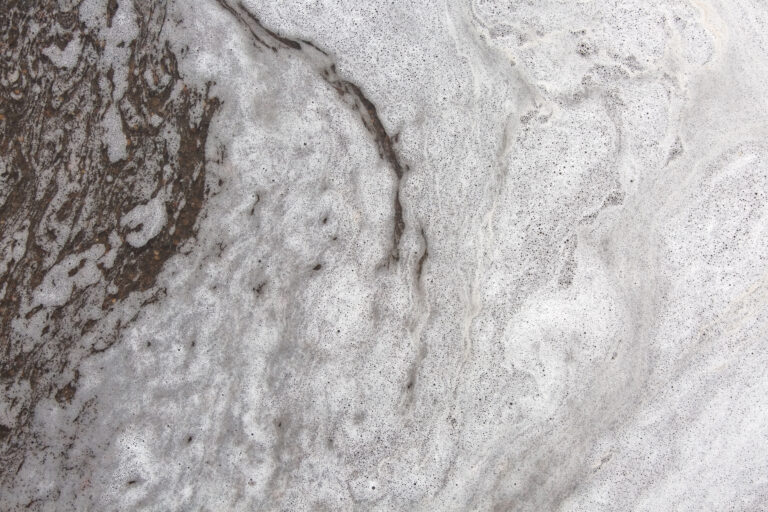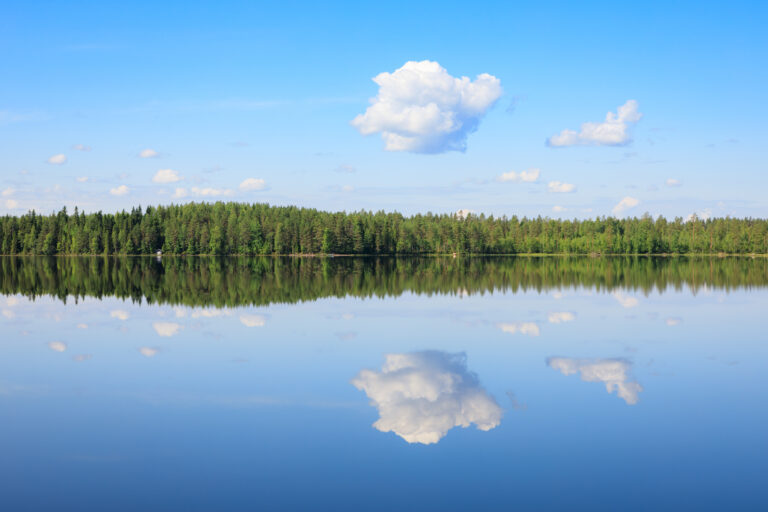Project partners: IVL Swedish Environmental Research Institute, Kommunalförbundet Norrvatten, Royal Institute of Technology, Käppalaförbundet, Stockholm Vatten & Avlopp, Swedavia, Swedish University of Agricultural Sciences, Uppsala Vatten & Avlopp, Örebro University
Grant from Vinnova: 500 000 SEK
Call for proposals: Impact Innovation: Collaboration for Sustainable Water for All within the Water Wise Societies 2024 program
Contact person: Linda Önnby
Purpose and objectives
The project aims to find sustainable solutions to reduce per- and polyfluorinated (PFAS) pollution in Swedish waters. The aim is to address the PFAS problem and possible remediation strategies from a holistic perspective by working with different sectors of society and stakeholders. The Mälaren catchment area is used as a concrete case study to get a holistic perspective on the different aspects of the problem and how different measures can be prioritized and complement each other for sustainable management in the long term.
Expected impacts and results
The project is expected to develop effective and sustainable methods to reduce PFAS pollution in Swedish waters. It will contribute to improved water treatment, reduce risks to the environment and health, and strengthen society’s resilience to pollution. By developing practical and cost-effective solutions, the project can support long-term sustainable water management, where the results can be applied nationally and internationally to meet the PFAS challenge.
Planned approach and implementation
The project is divided into several work packages that include knowledge synthesis, case studies and development of action strategies. Through collaboration with various stakeholders, PFAS sources will be identified, measures evaluated and cost-effective solutions developed. The Mälaren case study is used as a model for testing and developing methods. The project combines workshops, analyses and system demonstrators to ensure that the results are practically applicable and sustainable in the long term.
The text on this page was written by the project team. The content has not been reviewed by our editors.
Goals and tasks
- Thriving and healthy waters
- Prevent and reduce the spread of hazardous substances








